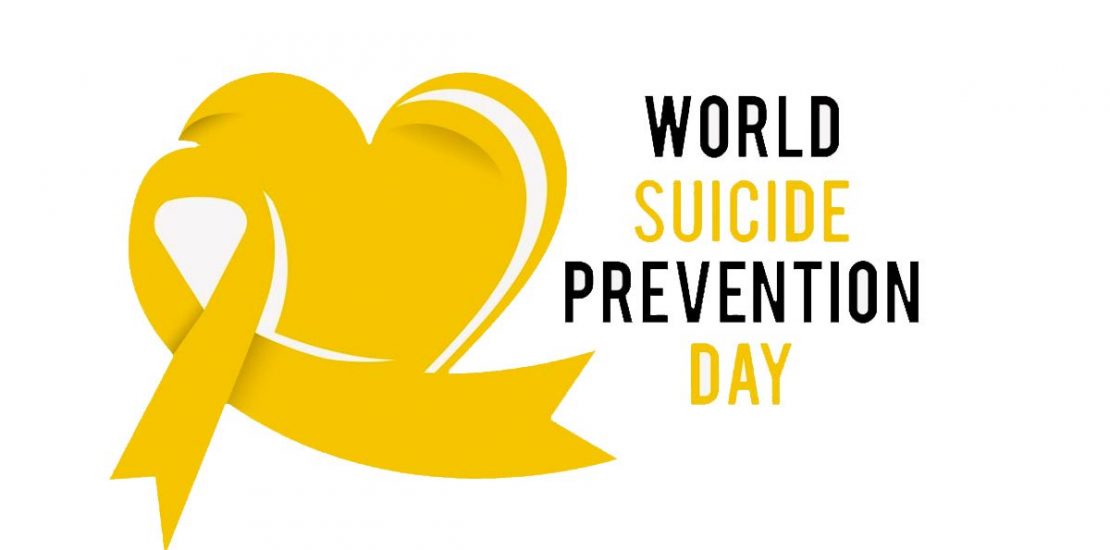- September 10, 2020
- Posted by: Gary Parsons
- Category: HR Advice & Support

On 10th September 2020, it’s World Suicide Prevention Day and whilst this is particularly important for so many different people – Employers’ also have a big part to play in supporting the mental health and overall wellbeing of its employees.
Three out of every five employees experience mental health issues because of work.
According to Public Health England, in the UK, mental health issues account for £8 billion of sickness and costs businesses £42 billion a year, dealing with and replacing staff that leave their jobs.
As a manager, colleague or business owner you all have a responsibility to consider.
When is Support Needed?
It’s difficult to know when to intervene. However, there are potential changes in a person to look out for that are likely to be out of the ordinary and these include:
Changes in productivity
- Deterioration in performance at work
- Lethargy in a previously energetic person
- New pattern of unexplained lateness or absences
- Recent inability to concentrate on work
- Recent inability to complete work
Changes in social functioning
- Deterioration in social functioning
- Withdrawal from colleagues
- Isolation
Changes in personality or behaviour
- Extreme mood swings
- Acting anxious or agitated
- Showing rage, uncontrolled anger
- Behaving recklessly
- Increased alcohol or drug use
- Changes in eating and sleeping patterns
- Signs of (self-inflicted) physical harm
As a colleague – How can you help in a crisis?
- Express empathy and concern, encourage them to talk and listen without judgment.
- Ask if there is anyone they would like to call or have called.
- Encourage them to reach out to health or counselling services inside the organisation, if available, or otherwise outside the organisation, and offer to call or go there together.
- If your colleague has attempted to or indicates that they are about to intentionally harm themselves, remove access to means and do not leave them alone.
- Seek immediate support from staff health services, if available, or health services outside of the organisation.
As an employer/manager – How can you help in a crisis?
- Provide information sessions for your staff on mental health and suicide prevention. Ensure all staff know what resources are available for support, both within the organization and in the local community.
- Foster a work environment in which colleagues feel comfortable talking about problems that have an impact on their ability to do their job effectively and supporting each other during difficult times.
- Become familiar with relevant legislation.
- Identify and reduce work-related stressors which can negatively impact mental health.
- Design and implement a plan for how to sensitively manage and communicate the suicide or suicide attempt of an employee in a way that minimizes further distress. Measures should include the availability of trained health workers and support services for staff.
Additional Mental Health Resources for Employers
- Thriving at Work Report
- Bank of Englands ‘This is Me’ film
- BITC mental health employers toolkit
- Time to Change
- This is Me – In the City
* All statistics have been sourced from Public Health England (2017) and guidance has been adapted from the World Health Organisation, alongside Business in the Community BITC.
Last Updated on 4 years by Gary Parsons





